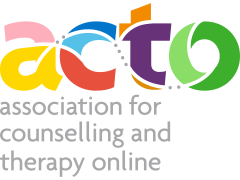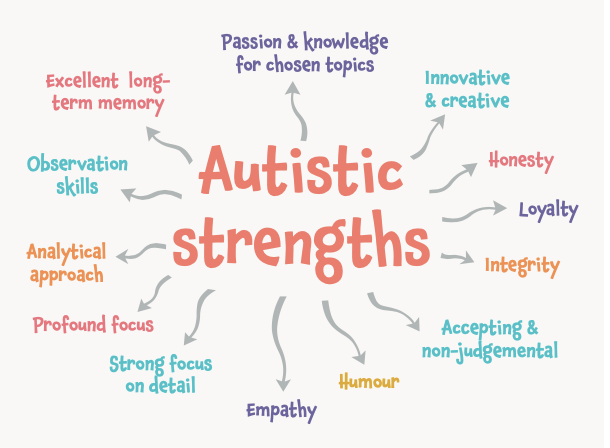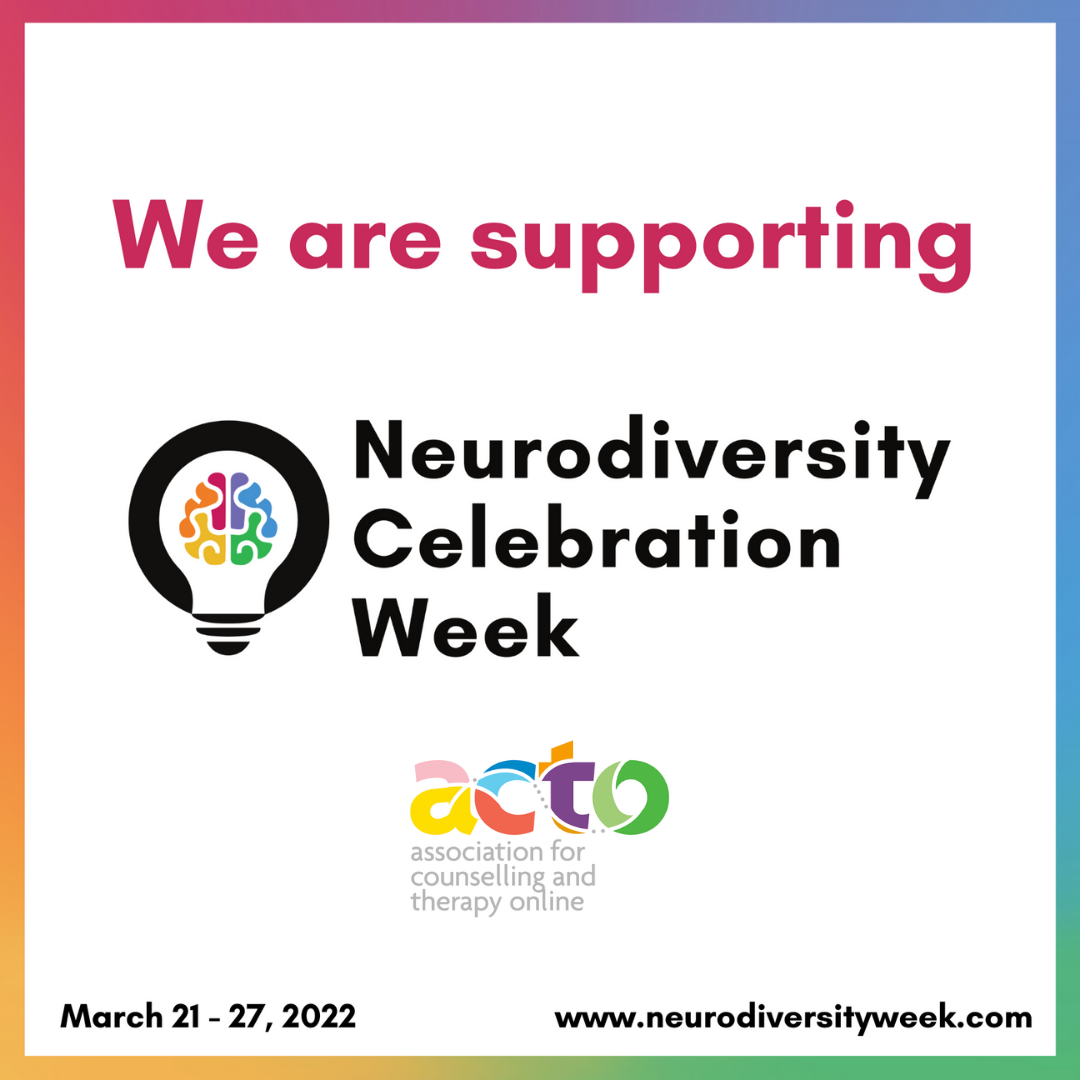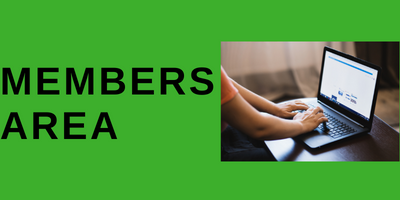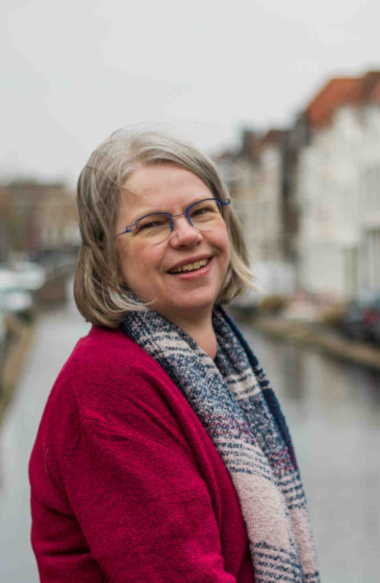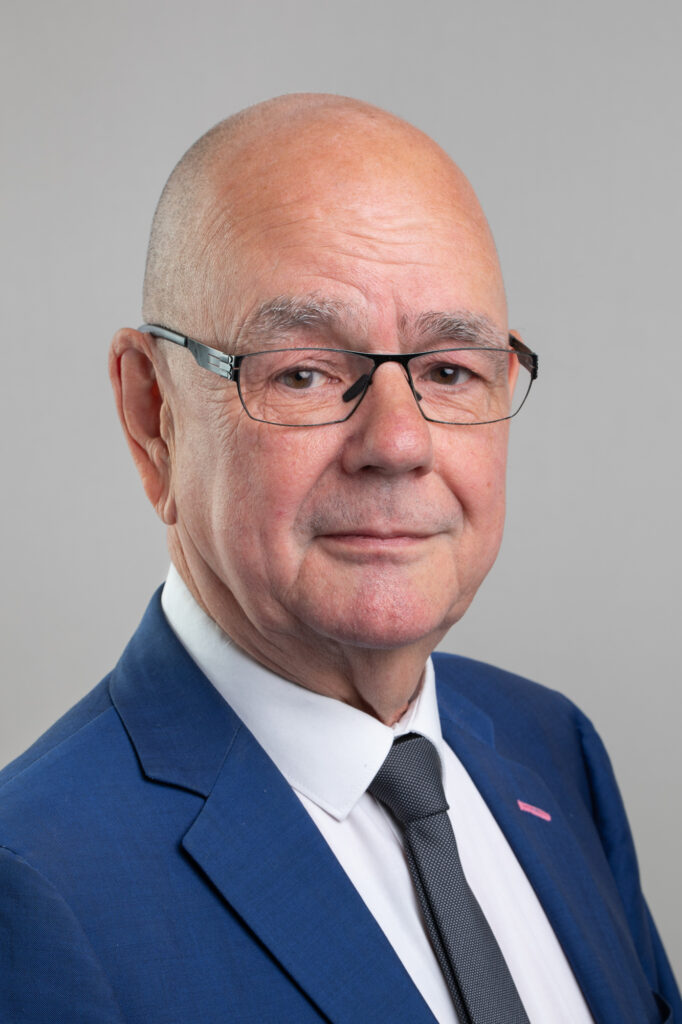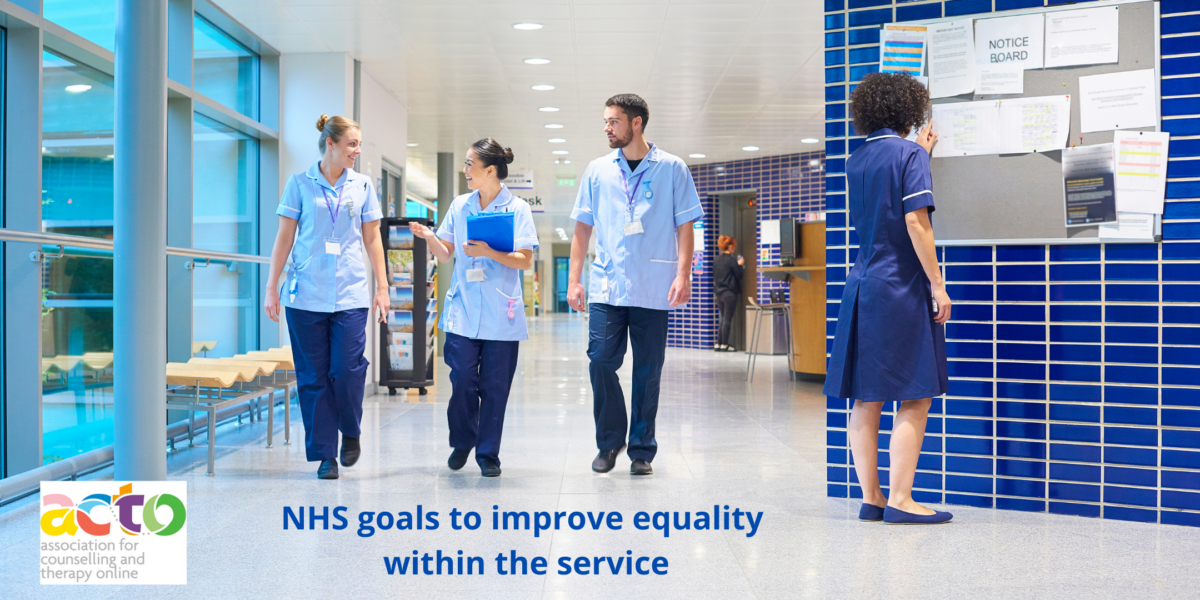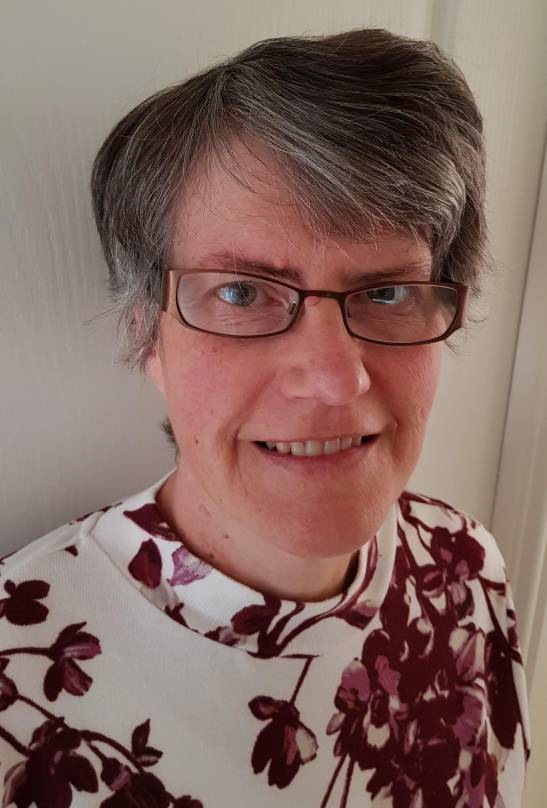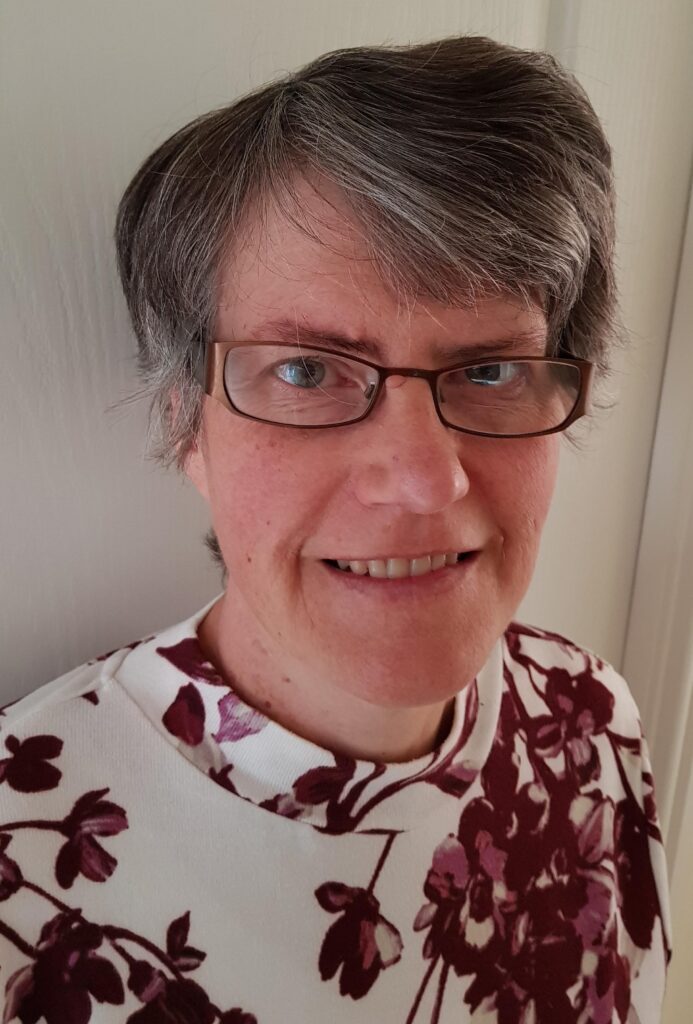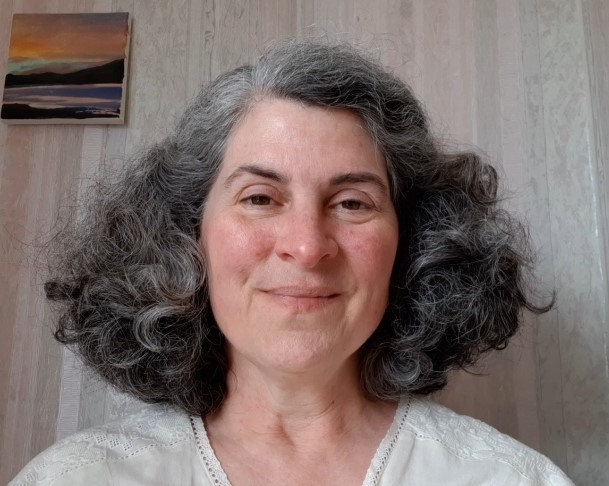Two autistic members of ACTO challenge all of us to think differently
This blog post is written by two autistic members of ACTO, with over thirty years of experience between us. We both became therapists before we knew we were autistic, and discovering something so essential about the selves we truly are has proved enlightening in understanding the way we work as therapists. But this post is not about Vauna and Max. On Autism Awareness Day it’s about autistic people in general and autistic counsellors and psychotherapists in particular.
The watchword of Chris Bonnello, an autistic educator, advocate and author, is “play to your strengths”.
That applies to everyone. Beisser’s Paradoxical Theory of Change says that therapeutic change occurs when one becomes what one is, not when one tries to become what one is not. (1) The more we play to the strengths we actually have, rather than chasing those we haven’t, the more we will thrive and grow.
So it also applies to us as autistic, and to us as autistic therapists.
The traditional view of autism
Autism has traditionally been seen / defined as a collection of deficiencies. The traditional view is this:
“Autism spectrum disorder (ASD) is an early onset neurodevelopmental condition that is associated with diverse social, occupational and educational challenges. ASD is characterised by impairment in qualitative social communication and interaction, alongside rigid, repetitive, routine, ritualistic behaviours and adverse sensory responses to certain stimuli.” (2)
An alternative view of autism
However, there are other ways of seeing it.
For example: autism is a way of being, a way of experiencing the world: not in itself a disorder, simply a difference. Many autistic people regard it as not unlike a culture: we have trouble understanding the non-autistic world because it is not our culture, just as the bloggers, born in England, might have trouble understanding the culture of Japan. And non-autistic people have equal trouble understanding our culture. This has been demonstrated very nicely by Crompton et al in their “diffusion chain” experiment (3), is at the heart of Damian Milton’s Double Empathy theory (4), and underpins the neurodiversity model (5): just as the world is biodiverse – and the more biodiverse the better – so humans are neurodiverse. Autistic people are not in any sense inferior, simply neurodivergent – they diverge from the majority, just as a jumping spider that lives on vegetables might be described as bio divergent. It may be unusual, but it’s the one that will survive in a time of food shortage.
The graphic above is Chris Bonnello’s list of autistic strengths (6). Of course, we do not all have all these strengths to the same degree, and people who are not autistic may also have many of them. But it is a useful corrective to the deficiency model.
For anyone used to the traditional view of autism it may seem counterintuitive that an autistic person should choose to become a counsellor, and unlikely that we should be effective in that field. However, looking at the list of strengths above, it may seem a little less unlikely.
Autism awareness: a perspective
Many autistic people feel uncomfortable about autism “awareness”. Surely, they say, we deserve better than mere awareness? Acceptance at least, if not appreciation? We certainly appreciate our autistic minds and our autistic senses, even if at times they disable us in a society – a world – that is designed by and for people who are not like us.
However, as therapists we know that awareness is not something superficial. When we talk about something being in awareness we mean a full experiencing of that thing, not just a cognitive understanding of it. So maybe on this World Autism Day, rather than reading a theoretical piece on autism as a disorder, read or listen to an actually autistic person talking about our life, our perception and processing of our world.
Why not start with Naoki Higashida’s “The Reason I Jump”? (7) In the words of that so-called low-functioning Japanese thirteen-year-old you will find one of the clearest depictions of the autistic world. That is his world, and that is our world. Come and meet us.
To finish, just to throw some doubt on the stereotype that autistic people are not creative and have no empathy, here’s a wee poem written by one of us about the inner world of a client. The English is a loose translation of the Gaelic.
Cho trom an t-saoghal.
Tha’ n cù a’ teum le muirn
Tha mi’ n dùil, mi’ n dùil.
So heavy the world.
The dog nips in ecstasy
Oh, I wish, I wish.
Authors: Max Marnau and Vauna Beauvais
Max is an autistic therapist and clinical supervisor, artist and poet living in the Scottish Borders and working with neurodivergent and neurotypical adults.
Vauna Beauvais is an autistic psychotherapist and clinical supervisor, and a coach for adults with ADHD.
Further information: https://www.un.org/en/observances/autism-day/background
References
1. A. Beisser (1970) The Paradoxical Theory of Change. In: Fagan, J. and Shepherd, I.L., Eds., Gestalt Therapy Now, Harper & Row, New York, 77-80.
2. E. Nicholson, ‘How do you know if your client has autism?’ Healthcare Counselling and Psychotherapy Journal, April 2020
3. C.J Crompton et al, ‘Autistic peer-to-peer information transfer is highly effective’, Autism vol 24 (7), 2020, pp. 1704-1712
4. D. Milton, ‘On the ontological status of autism: the ‘double empathy problem’’, Disability & Society, 27 (6), 2012, pp. 883-887
5. Term probably coined by Judy Singer in her thesis, later published as “Why Can’t You be Normal for Once in Your Life?”in Disability Discourse, Mairian Corker Ed., Open University Press, 1999. A discussion can be found in N. Walker ‘Towards a neuroqueer future, an interview with Nick Walker’, Autism in Adulthood, vol 3 no 1, 2021. See also J. Singer, ‘NeuroDIversity – the Birth of an Idea’ Amazon, 2017
6. See website Autistic Not Weird: https://autisticnotweird.com/
7. N. Higashida, ‘The Reason I Jump’ tr K. A. Yoshida and D. Mitchell, Hodder & Stoughton 2014
